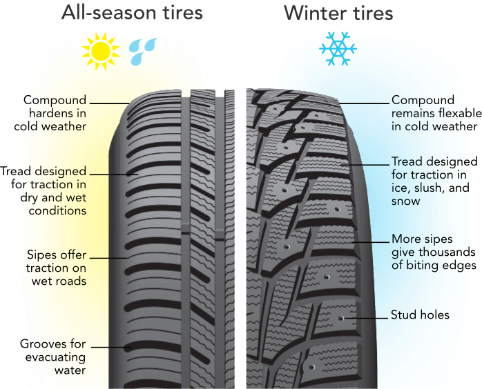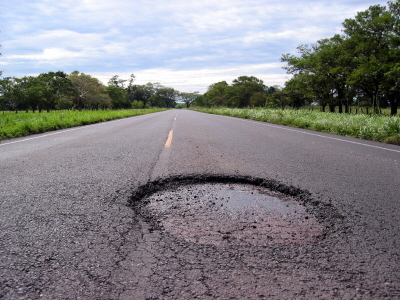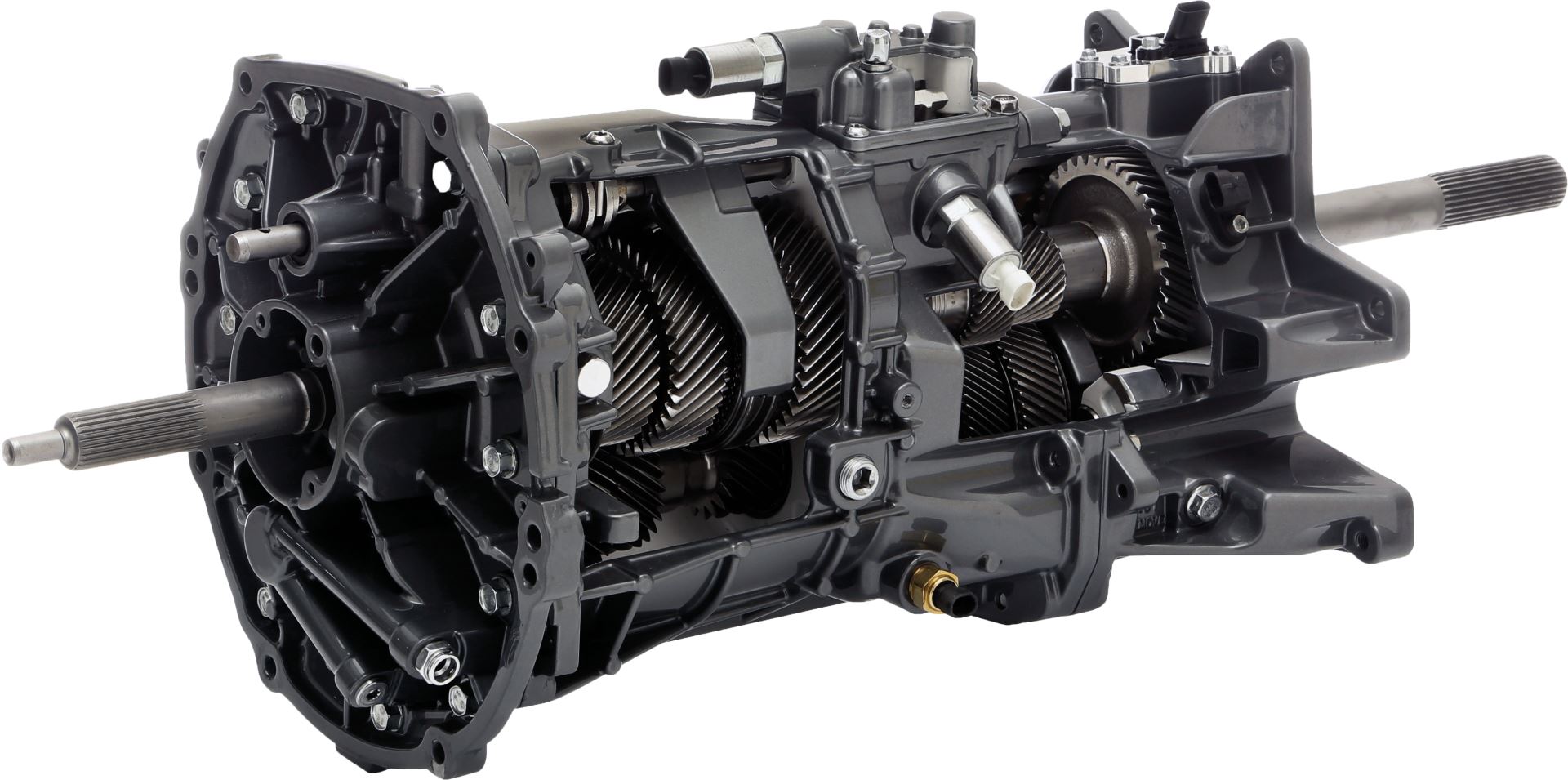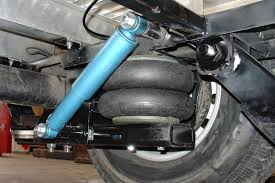Posted on 4/25/2018

Summer or Winter Tires vs. All Season Tires: Which tires would be the best for my car? This is a question we get quite often at DJ Foreign Auto. It may come as a surprise to you, but we believe it is beneficial to get a pair of summer tires and winter tires. In the following blog, we at DJ Foreign Auto will provide you with the pros and cons of summer tires, including handling, temperature ranges and how summer tires manage heat. We also cover the appropriate weather conditions for each type of tire. What Makes a Summer Tire a Summer Tire? Summer tires, also known as performance tires, are called that for a reason. Performance tires are invented to produce excellent dry and wet traction along with precise handling. They are intended to be used during warm summer months, or all year in regions that don’t get a true winter (unlike us lucky folk up north). Why Summer Tires Perform Better in Heat and Rain ... read more
Posted on 3/21/2018

WHAT IS A BLOWN HEAD GASKET? “Blown head gasket" can be one of the scariest phrases in car culture. At DJ Foreign Auto Care, we know this is true. Even non-car people know the term and know it can be an expensive fix. Let's talk about your conventional head gasket, how to tell if you blew a head gasket, and steps you can take to prevent a blown head gasket. A CLOSER LOOK AT HEAD GASKETS A head gasket is a seal placed between the surfaces of an engine block and the cylinder head(s). It has two purposes: A head gasket, being part of the combustion chamber, helps to contain the combustion process for you to have a functioning engine. The head gasket provides a physical extension of the fluid passages from head to block. The fluids ... read more
Posted on 3/13/2018

Pothole Damage Pothole damage is hard to avoid when potholes are popping up in the pavement faster than the early crocus flowers. Unfortunately, potholes are everywhere and avoiding all of them is impossible. Many potholes are created when constant freezing and thawing of water under the pavement weakens the road and causes large fissures. These fissures, when coupled with the pressure of vehicles driving over, eventually turn into potholes. Freezing winter weather can often lead to potholes, due to the role freezing can play in pothole formation. DJ Foreign Auto Care, which repairs many vehicles with pothole damage each spring, offers the following tips on avoiding potholes and fixing the pothole damage. Properly inflated tires hold up better against potholes than tires that have too much or too little air. If you can't avoid a pothole, try to slow down before you hit it. However, don’t brake directly over a pothole, this can lead to even ... read more
Posted on 2/27/2018

Transmission Failure Warning Signs:Fluid Leaks Transmission failure can be caused by leaking transmission fluid. A little liquid on your driveway can swiftly turn into an immense car predicament. Transmission fluid is vital to your car’s shifting capabilities. It is bright red and sweet smelling. Unlike motor oil, your transmission does not absorb or burn up fluid during use, so if you notice your fluid is running low, it is usually caused by a leak. Keeping an eye on your transmission fluid level is an excellent way to stay on top of this issue. Common causes for a transmission fluid leak are: -A loose transmission pan/pan leak -Any recent service or part replacement that involves disconnecting cooler lines -Out of balance drive shaft -Worn seals or gaskets -Damaged bell housings -Worn axles (FWD), engine and transmission mounts Warning Light Activates Cars in modern times have sensors meant to pick up and trigger your vehic ... read more
Posted on 2/21/2018

How Air Suspension Systems Work: Instead of steel or leaf springs, an air suspension system typically consists of air springs, also known as plastic/airbags, sturdy rubber, and an air-line system, connected to an onboard air compressor, valves, solenoids, all under electronic controls. The built-in compressor is an electric pump, used to feed air to the air bags via multiple lines. Valves play a vital role in air path control, letting air enter different sections of the system. In electronic systems, when the system accommodates for different driving conditions, solenoids inflate and vent the airbags by opening and closing to adjust the quantity of air entering each airbag. An electronic control module regulates the on/off switches, monitors pressure and manages ride height. Air springs are flexible and have a certain amount of elasticity. The more they are compressed, the stiffer they are. The principal difference between a traditional shock or strut is that they hav ... read more